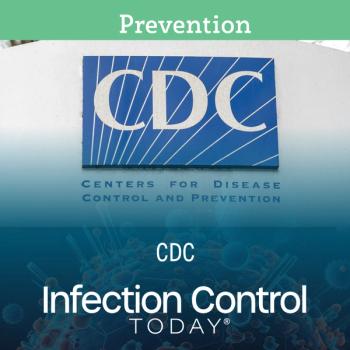
In a major shift, the CDC has pulled routine COVID-19 vaccine guidance for healthy children and pregnant women, sparking sharp reactions from medical leaders.


In a major shift, the CDC has pulled routine COVID-19 vaccine guidance for healthy children and pregnant women, sparking sharp reactions from medical leaders.

In a strong statement, Devin Jopp, CEO of APIC, and Leah Binder, CEO of The Leapfrog Group, urge health care leaders to strengthen their commitment to infection prevention and control (IPC).
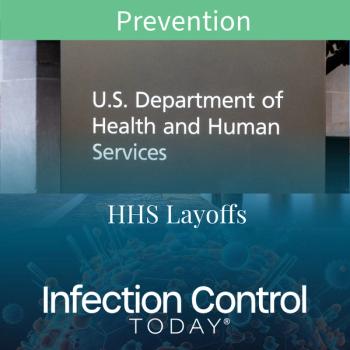
HHS Secretary Robert F. Kennedy Jr. faced intense scrutiny over sweeping budget cuts and public health reforms during back-to-back hearings on Capitol Hill this week.

As infection prevention infrastructure unravels, professionals face déjà vu from the pandemic’s darkest days—making resilience not just important, but essential for survival and progress.

The disbanding of HICPAC has left infection prevention experts scrambling to preserve national standards and ensure continuity amid growing concern over science-driven public health policy. Connie Steed, MSN, RN, CIC, FAPIC, speaks with ICT.
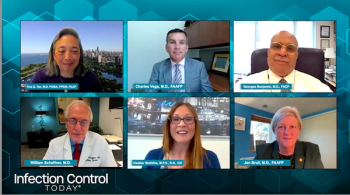
In 2025, vaccine science is thriving—but trust is faltering. ICT and Medical Economics convene experts to examine policy shifts, hesitancy, and the path forward through evidence and empathy.
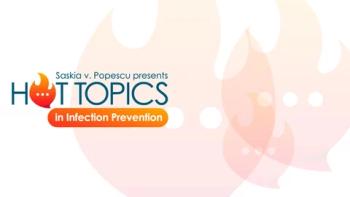
This week’s Infection Control Today’s Hot Topics in IPC discusses the latest in the measles outbreak, H5N1 in cattle herds, HICPAC, and more.

The abrupt disbanding of HICPAC silences decades of infection control expertise, leaving health care workers without unified guidance as deadly threats to patient safety rise.
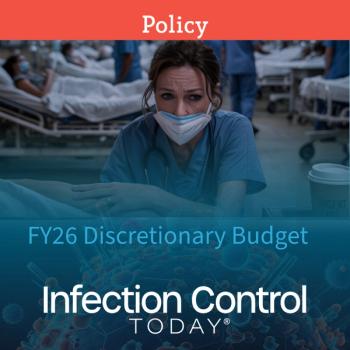
The proposed elimination of ASPR’s Hospital Preparedness Program in the 2026 federal budget could dismantle essential emergency readiness infrastructure and jeopardize national health care safety.
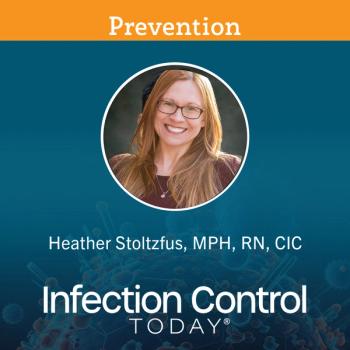
What truly occurred during the COVID-19 pandemic? Is the new COVID.gov website accurate for those who worked in public health throughout the pandemic? A public health worker answers.
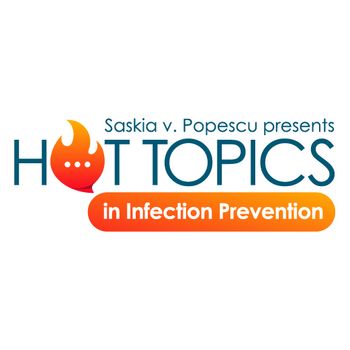
This week’s Infection Control Today’s Hot Topics in IPC discusses the latest in the measles outbreak, H5N1 in cattle herds, and more.

As measles cases rise and vaccine misinformation spreads, Infection Control Today spoke with APIC President Dr Carol McLay about restoring trust in immunization.
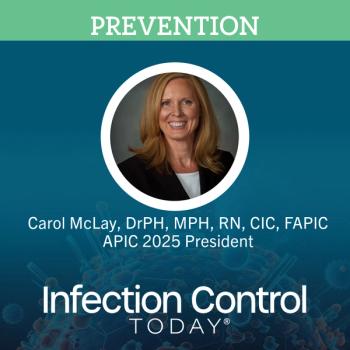
Mass federal layoffs threaten infection prevention nationwide, with APIC president Carol McLay, DrPH, MPH, RN, CIC, FAPIC, FSHEA, warning of disrupted public health infrastructure, rising HAIs, and a diminished infection control workforce.
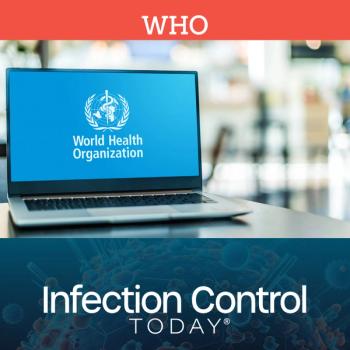
As global health systems reel from economic aftershocks, new tariffs and dwindling aid threaten infection prevention in low- and middle-income countries—turning policy decisions into life-or-death realities for millions.

These Department of Health and Human Services' layoffs save only 1% of the overall governmental budget. What are we losing when these are gone?

This week’s Infection Control Today’s Hot Topics in IPC discusses the latest in the measles outbreak, biocontainment, Group A Strep, and more.

Mass layoffs at HHS and CDC have gutted critical infection prevention programs, leaving frontline professionals overwhelmed, under-resourced, and desperate to safeguard public health.

This week's Infection Control Today's Hot Topics in IPC discusses US health leadership, H5N1, and more.

With health care systems under strain and infection preventionists being laid off nationwide, a little-known federal agency stands as a last line of defense against preventable patient harm. Yet the Agency for Healthcare Research and Quality (AHRQ) is now facing devastating cuts—threatening decades of progress in patient safety.

Budget cuts to the CDC threaten disease surveillance, outbreak response, and public health programs, increasing risks from measles, avian flu, and future pandemics while straining health care infrastructure nationwide.
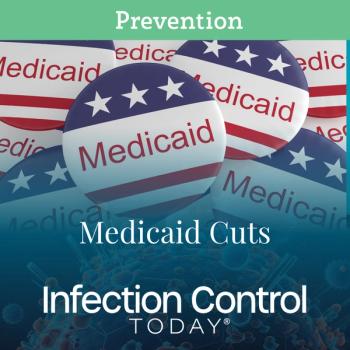
Experts Niobis Queiro, MBA, and Imamu Tomlinson, MD, MBA, discuss how Medicaid cuts could impact infection prevention, reduce vaccinations, and strain health systems, exacerbating health disparities.
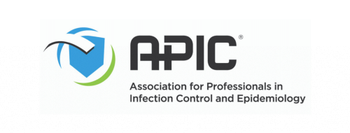
HHS’s move to eliminate public input on health policies threatens patient safety and infection prevention. APIC demands transparency, accountability, and urgent action to protect public health.
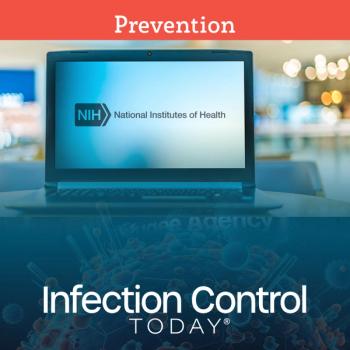
Cutting NIH’s budget by 15% threatens U.S. leadership in medical research, weakens public health preparedness, hinders innovation, and undermines economic growth. Investing in science secures America’s future.

The Trump administration’s decision to terminate nearly 1,300 CDC employees weakens America’s public health defenses, jeopardizes critical research, and endangers the nation’s preparedness for future health crises.
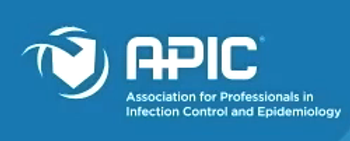
APIC congratulates Secretary Robert F. Kennedy, Jr on his appointment and urges support for infection prevention priorities, including NHSN funding, workforce development, nursing home IPC improvements, medical device cleaning standards, and global health collaboration.